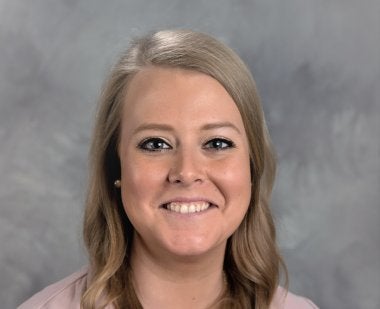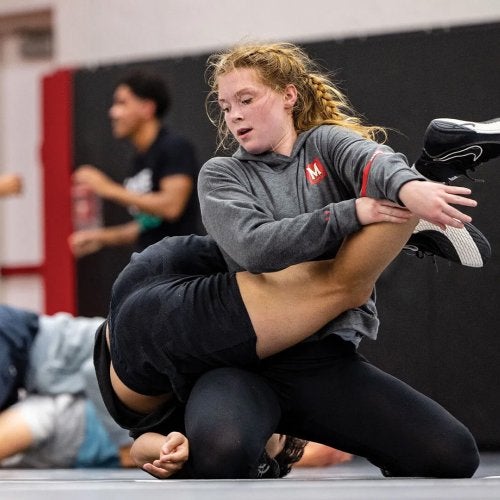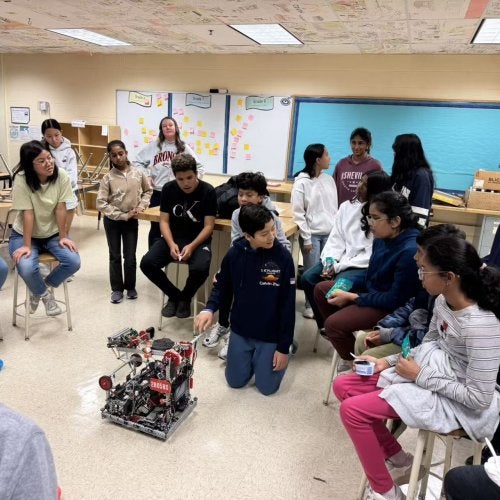

Student Affairs 101 - QnA with Kahlin McKeown

The College of Education has a proud history in student affairs graduate studies. Founded in 1959, as one of the first programs of its kind, COE’s student affairs concentration—formerly the college student personnel program—has been a leader in the student affairs field. Student affairs personnel play a central role in higher education and their work focuses on facilitating the college student experience. The field tackles issues like the role of gender in career development, the educational pathway for Latinx students, and how faculty diversity influences the campus climate.
COE spoke with Kahlin McKeown, a Ph.D. student in the Department of Counseling, Higher Education, and Special Education in the Student Affairs concentration. She was also COE's assistant director for alumni relations, working with the alumni board and helping to put on COE events. McKeown describes what it meants to be part of student affairs.
How did you become interested in student affairs?
Like many who enter this profession, I didn't know student affairs existed until I got involved during my undergraduate experience. I was mostly involved as an officer and chapter president of my sorority, and found out about student affairs graduate programs through my fraternity/sorority advisor at the time. I was pursuing a degree in elementary education and knew I was passionate about education, but wasn't sure that classroom teaching was for me. When I found out that you could pursue a master's degree in higher education and student affairs, I was instantly interested in helping students in this capacity.
What roles do student affairs professionals fill in the workplace?
Student affairs is a broad profession and student affairs professionals can pursue many different directions in the field. On a campus, you are most likely to find folks in positions that work with student organizations—including fraternities and sororities, academic or career advising, diversity and inclusion work, leadership or community service learning, student conduct, and many others.
Can you explain your research?
My research interest is focused on why and how individuals choose fraternity/sorority advising as a career path. I am interested in how professionals describe their decision-making process to pursue this career, and what experiences lead them down this path. I am also interested in the organizational climate of fraternity/sorority chapters, and how belonging impacts the experiences of fraternities and sororities.
Why is student affairs important?
For many students, going to college is the first time being away from home and family, and hopefully they are in an environment where they are able to listen to different perspectives, develop critical-thinking skills, and solidify personal values. Student affairs professionals help students along their journey to provide accountability when they might make a bad decision, or talk them through a tough situation. Students come to college with a full life of experiences, so it is important to consider them as whole people and provide support so that when they leave us, they hopefully have been able to develop positively in some way.
This article originally appeared in the Summer 2020 issue of Endeavors, the UMD College of Education's alumni magazine.


